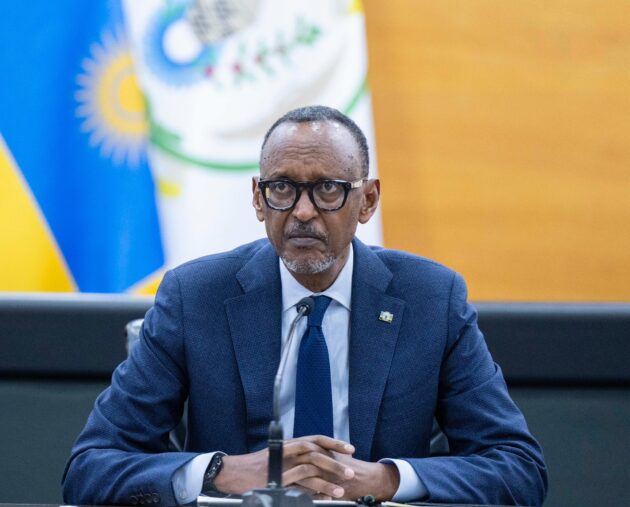
Rwanda defends its security measures in response to FCDO summons over DRC conflict » Capital News
NAIROBI, Kenya, Feb 20 — The Rwandan High Commission in London has defended its security policies in response to a summons by the UK Foreign, Commonwealth & Development Office (FCDO), citing existential threats from the Democratic Republic of Congo (DRC) and the armed group FDLR.
In a statement, the High Commission emphasized that Rwanda’s defense forces have acted solely in response to security threats along the border.
It pointed to the January 26 attack on Rubavu, which resulted in 16 deaths and 177 civilian casualties, as evidence of escalating tensions following the fall of Goma.
Rwanda reiterated its longstanding concern over the DRC-backed Forces Démocratiques de Libération du Rwanda (FDLR), a group it describes as a genocidal militia responsible for multiple attacks on Rwandan territory.
“Rwanda continues to face an existential security threat from the DRC-backed FDLR genocidal militia, which was involved in the shelling of in Rwandan territory in June 2022,
just two weeks before the Commonwealth Heads of Government Meeting (CHOGM) in Kigali,” Rwanda High Commission to London stated.
According to the High Commission, FDLR has been integrated into the Congolese army as a strategic ally, exacerbating regional instability.
The Rwandan government also accused MONUSCO, the UN peacekeeping mission in the DRC, of being entangled in this conflict arguing that the move has made it difficult to establish clear boundaries between peacekeeping efforts and combat operations.
Rwanda dismissed claims that it supports the M23 rebel group, asserting that the movement represents Congolese citizens resisting decades of ethnic persecution by their own government.
Kigali criticized the international community, including the UK, for allegedly failing to address ethnic violence in eastern DRC.
The High Commission called on the UK to support the African Union-backed peace process led by the East African Community (EAC) and the Southern African Development Community (SADC) instead of endorsing what it described as Kinshasa’s military-only approach.
Kigali further warned against the “unchecked” rise of ethnic extremism in the region, particularly in Burundi and the DRC, claiming that inflammatory rhetoric by top leaders poses a significant regional threat.
Rwanda accused the DRC of derailing the peace process by unilaterally ending the East African Community Regional Force (EACRF) mission, which had enforced a ceasefire for six months.
It alleged that Kinshasa had instead mobilized a military coalition—including the Congolese army (FARDC), Burundian troops, European mercenaries, and FDLR fighters—aimed at targeting Kinyarwanda-speaking Congolese and Rwanda itself.
“The coalition assembled by the DRC-including FARDC, SAMIRDC, 10,000 Burundian troops, FDLR, European mercenaries, and a vast stockpile of
weapons-was not intended for stability but for the fighting of Kinyarwanda-speaking Congolese (M23) and an assault on Rwanda,”
Kigali also criticized the UK for allegedly harboring six genocide suspects, calling it the only Western country that has failed to extradite or prosecute individuals accused of participating in the 1994 Rwandan genocide.
“The UK is aware that each extra day is one too many. The FDLR in the DRC, 30 years as well, is just as responsible for the genocide as the suspects residing in the UK,” Kigali asserted.
It urged Britain to align with the AU, EAC, and SADC frameworks to address the security crisis in eastern DRC and combat the FDLR threat.
The Rwandan government reaffirmed its commitment to regional stability and called on the UK to reconsider its stance.
It argued that imposing sanctions on Rwanda or restricting its role in peacekeeping efforts would do little to resolve the ongoing crisis.
The UK has yet to issue a formal response to Rwanda’s statement.